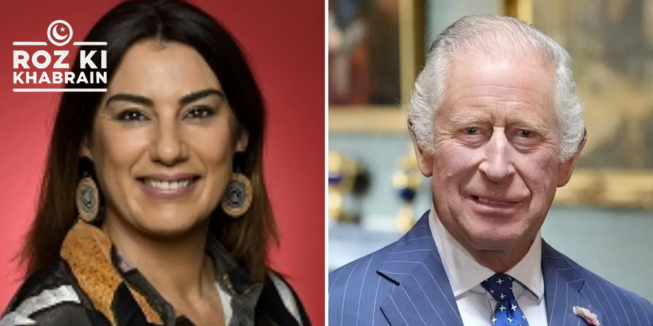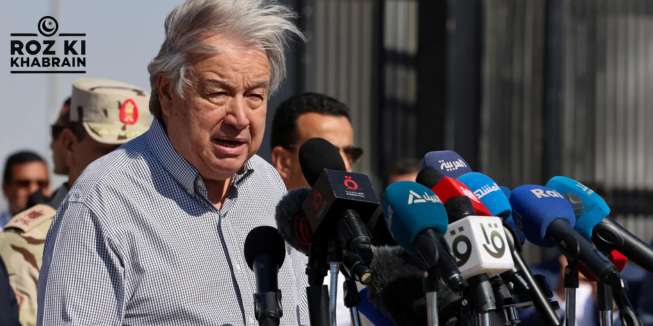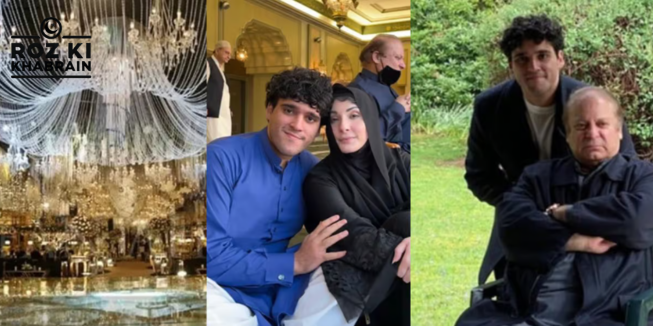Lidia Thorpe is no stranger to controversy, and this isn’t the first time she’s expressed her views on the British monarchy.
A Gunnai, Gunditjmara, and Djab Wurrung woman, Thorpe has been a senator for Victoria since 2020, making her the first Aboriginal senator from the state. Prior to her role in the Senate, she was involved in Indigenous activism and served as the chairperson of Naidoc (National Aborigines and Islanders Day Observance Committee) for Victoria, an organization dedicated to recognizing and educating Australians about First Nations cultures and histories.
In 2022, during her re-election swearing-in ceremony, she referred to the late Queen Elizabeth II as a colonizer.
“I sovereign, Lidia Thorpe, do solemnly and sincerely swear that I will be faithful and I bear true allegiance to the colonizing Her Majesty Queen Elizabeth II,” she stated. After receiving criticism from fellow senators, she repeated the oath as written.
Given her outspoken stance, Monday’s incident likely didn’t come as a surprise to those familiar with Australian politics. Thorpe has consistently voiced her belief that British colonization resulted in the massacre of many Indigenous people, and that the effects of colonization remain deeply ingrained in the lives of First Nations people in Australia today.
Whether or not one agrees with Thorpe’s approach – and some Indigenous leaders have publicly disagreed with her – it is undeniable that significant disparities exist between First Nations people and non-Indigenous Australians in areas such as education, health, and life expectancy.
In 2022, Prime Minister Anthony Albanese highlighted this inequality by stating that a young Indigenous man was more likely to end up in jail than attend university. Statistics support this claim, and data from the ABC showed that between 2020 and 2022, the life expectancy of Aboriginal and Torres Strait Islander people was eight years shorter than that of non-Indigenous Australians.
After being removed from the Great Hall for heckling King Charles, Thorpe told the BBC, “I wanted to send a clear message to the King of England that he’s not the King of this country, he’s not my king, he’s not sovereign. To be sovereign, you have to be of this land. He’s not of this land.”
She continued, “How can he stand up there and claim to be the King of our country? His ancestors are responsible for the mass genocide of our people. He’s taken so much wealth from our land, and he needs to return it. There needs to be a conversation about a peace treaty in this country.”
Thorpe’s primary grievance is that Australia is the only Commonwealth nation that has yet to sign a treaty with its Indigenous people, a cause she has been passionately advocating. For her, last year’s referendum on a Voice to Parliament—intended to recognize First Nations people in the constitution and allow them to form an advisory body—was a distraction from the more pressing need for a treaty.
While the majority of Australians voted against the Voice proposal, Thorpe was one of a small number of First Nations people who also opposed it. She explained to the BBC that the Voice was about “assimilating us into the colonial constitution to make us neat little Indigenous Australians who will continue to be oppressed by the colonizer.”




